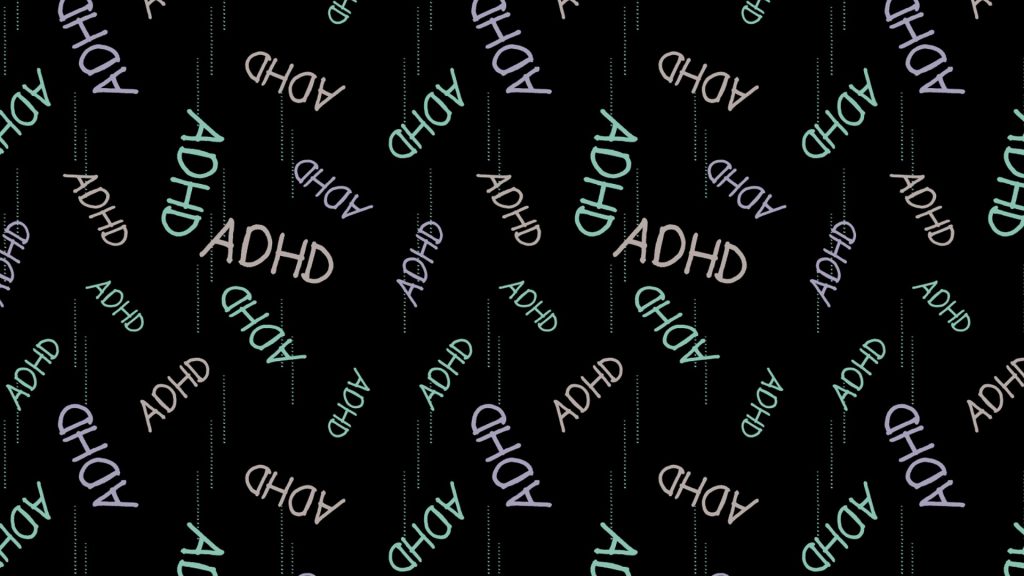
In the book The Mood Cure Julia Ross distinquishes between true emotions and false moods and attributes false moods to imbalances in neurotransmitters. And the production of those all important neurotransmitters is affected by our diet more than anything. Not only do neurotransmitters affect our moods, but also our ability to focus and concentrate. So it’s not surprising that attention (no pun intended) has been given to the link between diet and conditions like ADD and ADHD.
An imbalance in class of neurotransmitters known as catecholamines is behind attention deficit disorders, though other neurotransmitters like serotonin and choline play a role, too. Norepinehprine, dopamine, and adrenaline (epinephrine) are the catecholamine neurotransmitters.
Diet and ADD and ADHD
A possible link between diet and specifically artificial food colors and ADHD and ADD was proposed by Ben Feingold, MD in the 1970s and advanced further in 2004 when the findings of a meta-analysis was published in 2004 in the Journal of Developmental and Behavioral Pediatrics concluded that artificial food colors have a negative effect on focus and concentration and drive hyperactive behavior.
I think most of us suffer from ADD or ADHD at times. Heck, it’s taken a month for me to finish this article because I keep getting distracted. No, not really, but it’s taking longer than most articles to complete.
But, more seriously we all have trouble at times with focus and concentration and we probably have our diet to thank for that. So what foods should we possibley eliminate?
A Nutrititional Approach to ADD and ADHD
Avoid Artificial Food Colors
Avoid the following dyes – red #40, blue #2, yellow #5, and yellow #6. They all tend to trigger hyperactivity. They are found in sodas, processed cereals, and Pop Tarts.
Avoid Food Additives
The big offender in this category is sodium benzoate which is a preservative found in sodas, fruit juices, jams, condiments, pickles, salad dressings and most fast food items.
Focus on Low Glycemic Carbs
We have discussed the health benefits of a low glycemic program. Such a diet decreases consumption of refined carbs and sugars.
Add Nutritional Supplements
The following supplements help brain function through enhanced production of neurotransmitters or through improved brain cell to cell connectivity: B vitamins, vitamin D, omega-3 fatty acids, calcium, zinc, iron, magnesium, and amino acids (protein).
Try Various Elimination Diets
Eliminating dairy products and gluten (wheat, barley, and rye) from the diet helps some with attention deficit disorders.
Remove Salicylates
Salicylates which are found in aspirin and other over the counter medicines as well as some fruits can trigger symptoms of ADHD.
Now I know why it took so long to complete this article – too much soda, Pop Tarts, and big bowl of Fruit Loops I did consume.
